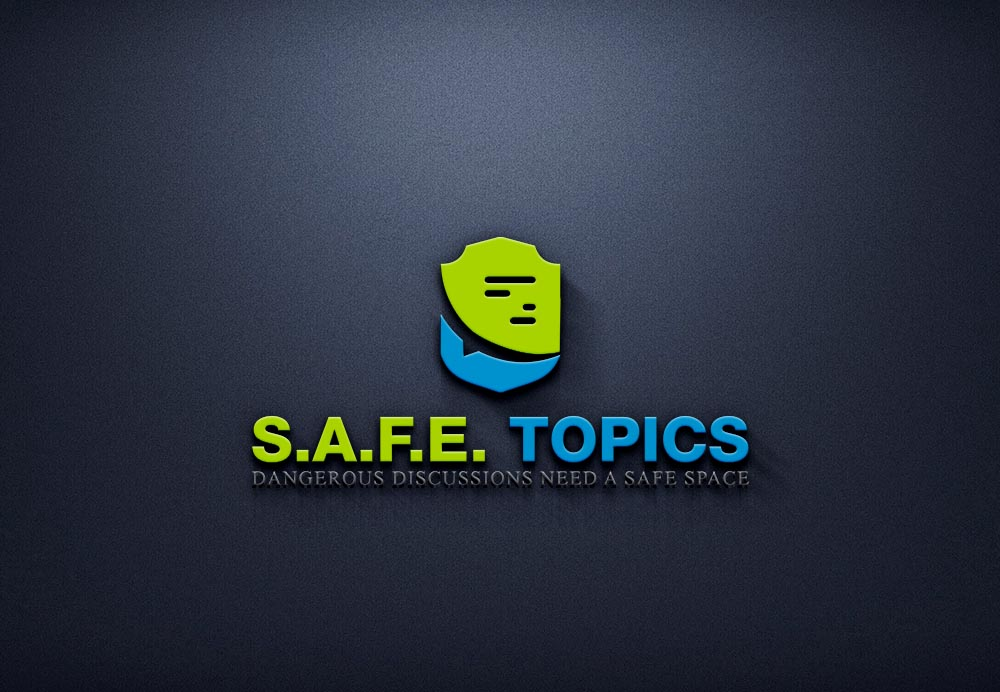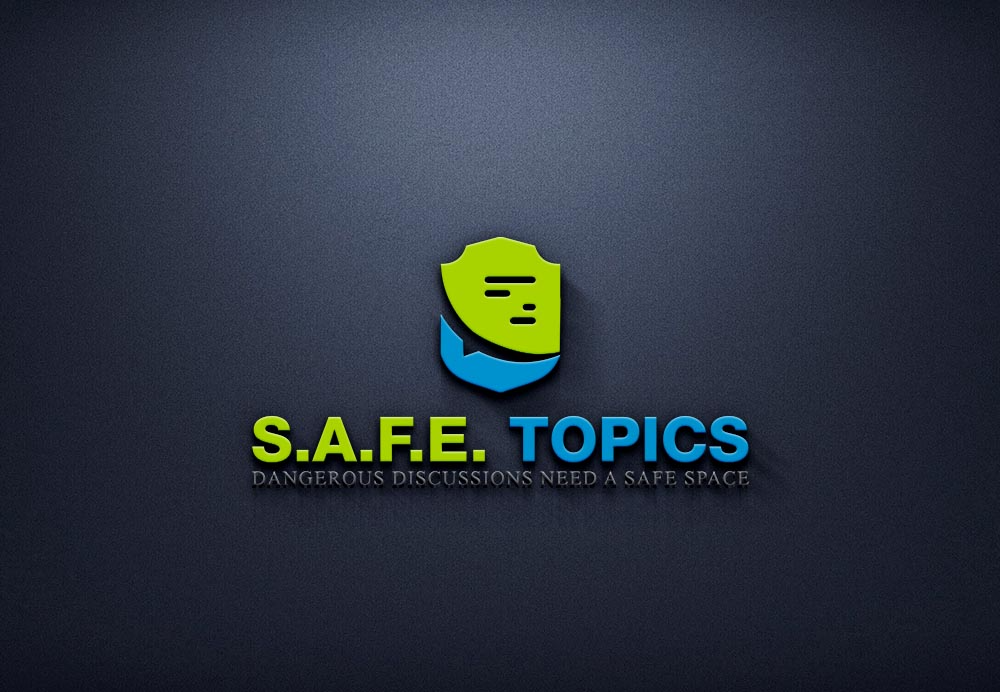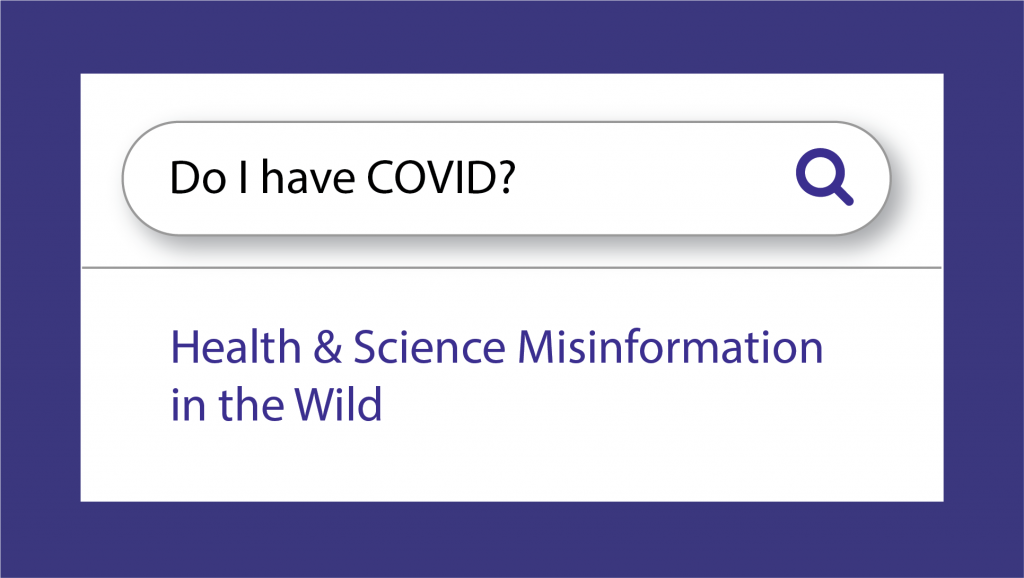Space for ASE Students to Set the Pace: Creating Culture in the Classroom Part Two – A SAFE Topics Podcast
Hello campus community and happy Friday!
Part two is here! Our latest episode with students was so good that once again we had to split it into two parts. In this episode of the SAFE Topics Podcast, we’re continuing our conversation with students. We are joined by students from various Academic Success and Equity (ASE) Programs to talk about creating culture in the classroom! Our hosts Sean, curry and Mana are joined by several students including Helen Leinani Highland-Coslow (Mana, English/Literature), Dannia Saldivar (Mana, Liberal Arts: Math and Science), Jose Luis Mendez (UPRISE, Film/Theater), Jocelyn Rogers (RAFFY, Communication), Natalie Salgado (PUENTE, Sociology), Ian Clark (Umoja, Spanish), and Campbell Reyes (Mana, Art History). Join us in listening to part two!
Ways to Listen!
What to Listen For
- When is the classroom culture established?
- If the teacher’s mood is down, the class is down.
- It’s easy to change the students, but hard to change the teacher.
- The class culture can change daily.
- It starts with the syllabus – before the class even starts.
- “We need new sh*t so I’m not bored.”
- How can instructors build trust in the classroom?
- The need for vulnerability from both students and teachers.
- How teachers deal with big issues happening in the world while we’re in class.
- Raw realness that professors bring to the classroom.
- Having empathy for your students.
- The importance of ASE programs and identity.
- Is the professor open to constructive criticisim?
- Bonus after the end credits!
Useful Links
The S.A.F.E. Topics Team
curry mitchell – Faculty, Letters (Co-host)
Sean Davis – Faculty, Sociology (Co-host)
Mana Tadayon – Student, ASG President (Co-host)
Kelly Barnett – Intern and Music Technology Student (Audio Editor)
James Garcia – Associate Faculty, Sociology (Show Notes, Online)
Connect with Us







